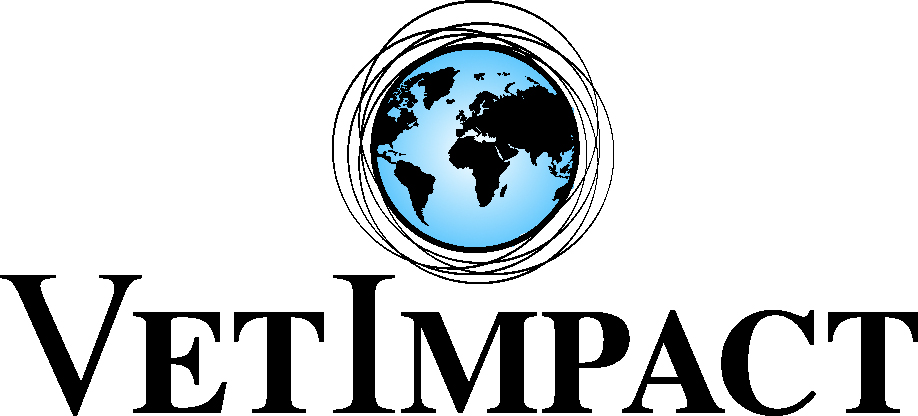Choosing whole life insurance is a critical step towards financial security. It requires careful consideration of individual goals and family needs. By comparing providers and their offerings, individuals can find a policy that suits their circumstances. Engaging with knowledgeable agents can clarify complex aspects of the insurance landscape. However, understanding the intricacies of policies, such as exclusions and cash value, is essential for making a confident decision. What factors should one prioritize in this process?
Key Takeaways
- Define your long-term financial goals to align your whole life insurance choice with your needs and aspirations.
- Research various insurance providers to ensure financial stability, customer service quality, and unique policy benefits.
- Evaluate premium costs in relation to your budget, considering cash value growth and long-term benefits.
- Consult knowledgeable insurance agents to clarify policy details and tailor options to your personal circumstances.
- Thoroughly review policy details, including exclusions, riders, and terms for cash value access before making a decision.
Assess Your Financial Goals and Long-Term Needs
Understanding your financial journey is the first step in learning how to choose whole life insurance. Whole life insurance is more than a safety net—it’s a strategic tool combining lifelong coverage with a savings component. Begin by reflecting on your long-term objectives: your family’s needs, retirement plans, and future obligations. Consider the legacy you wish to leave and the financial security you want to provide. By clearly defining these goals, you create a foundation for selecting a policy that aligns with both your present circumstances and future aspirations, transforming uncertainty into confidence.
Research Providers and Compare Policy Features
A critical aspect of how to choose whole life insurance lies in understanding the landscape of providers and policies. Not all insurance companies are created equal; financial stability, customer service, and unique policy benefits vary widely. Take time to compare offerings, from premium structures to cash value growth potential and available riders. Reading reviews, examining ratings, and evaluating company histories can reveal which providers inspire trust. A thorough comparison ensures you’re not just picking coverage, but selecting a partner who will honor commitments for decades, enhancing both security and peace of mind.

Consult Experts and Review Policy Details
Even with thorough research, navigating insurance terms can be complex. Knowing how to choose whole life insurance requires engaging with knowledgeable agents or financial advisors who can explain nuances like exclusions, riders, and cash value access. Discuss your personal circumstances and long-term plans to tailor a policy that fits seamlessly into your financial strategy. Carefully reviewing all policy details ensures transparency, avoids unexpected surprises, and reinforces confidence in your choice. With the right guidance and informed evaluation, you can confidently secure coverage that protects your loved ones while providing long-term financial stability.
Frequently Asked Questions
What Are the Benefits of Whole Life Insurance Compared to Term Life Insurance?
Whole life insurance offers lifelong coverage, a cash value component, and predictable premiums, unlike term life insurance, which expires after a set period. This stability appeals to individuals seeking long-term financial security and peace of mind.
How Do I Determine the Right Coverage Amount for My Whole Life Policy?
To determine the right coverage amount for a whole life policy, one should assess financial obligations, future expenses, and desired legacy. Consulting with a financial advisor can provide tailored guidance, ensuring thorough protection and peace of mind.
Can I Borrow Against My Whole Life Insurance Policy?
Yes, individuals can borrow against their whole life insurance policy. This option provides liquidity and financial flexibility, allowing policyholders to access funds while keeping their coverage intact, enhancing their overall financial strategy and sense of security.
What Happens if I Miss a Premium Payment on My Whole Life Insurance?
Missing a premium payment on a whole life insurance policy can lead to a grace period, after which coverage may lapse. Policyholders should understand potential consequences, including loss of benefits and reduced cash value, to make informed decisions.
Are There Any Tax Implications of Whole Life Insurance Payouts?
Whole life insurance payouts typically remain tax-free for beneficiaries. However, if the policyholder has withdrawn cash values exceeding premiums paid, taxes may apply. Understanding these implications is essential when planning financial legacies and ensuring security.
Conclusion
To summarize, selecting whole life insurance requires careful consideration and thorough research. By evaluating personal financial goals, comparing reputable providers, and engaging with knowledgeable agents, individuals can make informed decisions that align with their family’s needs. A detailed review of policy specifics further guarantees clarity and confidence in the choice made. Ultimately, this strategic approach not only secures financial stability but also empowers individuals to safeguard their loved ones’ future with assurance and peace of mind.
You May Also Like To Read:






